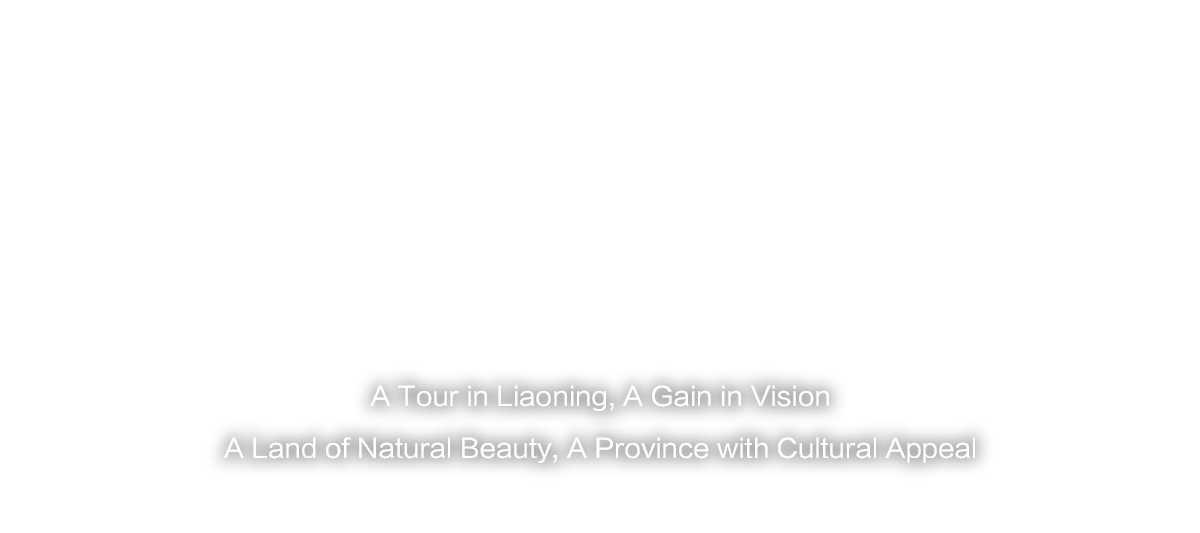On July 29, Liaoning held a teleconference to deploy the work of rectifying the concerned phenomena disadvantageous of the revitalization and development. The Notification on Rectifying the Malpractice Hindering the Revitalization and Development, issued by the General Office of the CPC Liaoning Provincial Committee and the General Office of Liaoning Provincial People’s Government, was announced. The notification specifies 20 types of remarkable phenomena that need to be cleaned up, as the following:
1. The obscure and indefinite policy provisions, being ambiguous in terms of the responsible entities, execution standards, and work boundaries, which are unimplementable for the subordinate units.
2. Untimely and insufficient policy disclosure and interpretation, making the concerned implementation difficult.
3. Inadequate or incomplete policy implementation. The temporary measures are not yet readjusted or rescinded in time.
4. In comparison with the administrative approval procedures of the other advanced regions, the identical matters take more complicated procedures, longer processing times, more extra requisites, and repeated submission. Inadequate service guidance, and insufficient measures for promoting reform and innovation.
5. The concerned phenomena disadvantageous of the legitimate rights and interests of business entities and the people, e.g., unregistered and uninvestigated case, procrastinated case, long-term process, long-term review without delivering a verdict, and endless long-term execution.
6. The law enforcement which appears to be excessive, duplicative, arbitrary or selective. Minor issues are subject to heavy penalties. The same issue is subject to multiple penalties. Penalties are imposed to take precedence of the governance.
7. Inadequate implementation of the oversight system through the random selection of both inspectors and inspection targets and the prompt release of results, resulting in insufficient overall supervision and excessively inspection.
8. Designate the suppliers, service providers, inspection and evaluation agencies, and intermediary agencies in a disguised manner.
9. Hidden barriers or discriminatory measures in the investment and procurement processes.
10. Unfair “bully terms” in providing services or public goods.
11. In addition to the list of charges for enterprises, without permission, add or disassemble the charge items, raise charge standards, collect fees beyond deadlines, or expand charge scope.
12. Hampering road traffic and urban landscape, making people uncomfortable in daily life, e.g., poor overall planning in the municipal construction, inadequate on-site management, long-time repeated construction at the same location.
13. Insufficient management of municipal infrastructure, the ambiguous system of management responsibilities, and the lagging-behind maintenance.
14. Inadequate supervision and guidance in redressing the noncompliant or improper behaviors of business entities and practitioners in scenic spots, passenger transport, accommodation, and catering service.
15. The reasonable complaints about services of water, electricity, gas, heating, and property management could not be effectively resolved.
16. Inconvenient service windows and rigid management mode being complained about by business and the general public.
17. Inadequacy of the quotas in the appointments of social and public service complained about by the people, when intermediary agencies, known as “scalpers”, have access to the reserved quotas.
18. Various sorts of buck passing render the “guaranteed satisfactory solution” and one-time notification systems unfulfilled.
19. The untimely or ineffective rectification and implementation of the long-term mechanisms for solving problems. Repetitive occurrence of same-kind problems.
20. Other phenomena.
The notification requires the Party and government agencies as well as public enterprises and institutions at all levels in Liaoning to focus on the above phenomena and conscientiously carry out the cleaning-up. At the same time, the following work arrangements are proposed:
(1) Initiate comprehensive self-examination and concentrated cleaning-up. All regions, departments, and units in the province shall conduct a comprehensive self-examination and concentrated cleaning-up in accordance with the requirements. For issues that fall within their responsibilities and can be resolved immediately, rectification shall be promptly implemented. For issues that cannot be resolved immediately, work plans, clear work standards, and procedures shall be formulated, and deadlines for rectification shall be set. With regards to the common problems, the rules shall be summarized, countermeasures proposed, and regulations established. Phased results shall be achieved by the end of August 2023, and the concentrated cleaning-up shall be substantially completed by the end of July 2024.
(2) Perform dynamic collection of information and regular cleaning-up. Via Liaoning 12345 e-government service platform, outstanding problems that are strongly reflected by business entities and the people shall be continuously collected, and a list of these issues shall be compiled. The responsible units shall be clearly identified, and the issues shall be promptly assigned and transferred to them. The units shall be urged to rectify and implement solutions in time.
(3) Conduct accurate evaluation and timely disclosure. Liaoning Provincial Bureau of Business Environment Development together with Liaoning Provincial Bureau of Statistics, shall regularly conduct evaluations and assessments using methods such as satisfaction surveys of the public and business entities and regular follow-ups to objectively evaluate the effectiveness of the cleaning-up. The results of these evaluations shall be disclosed to the public in time.

